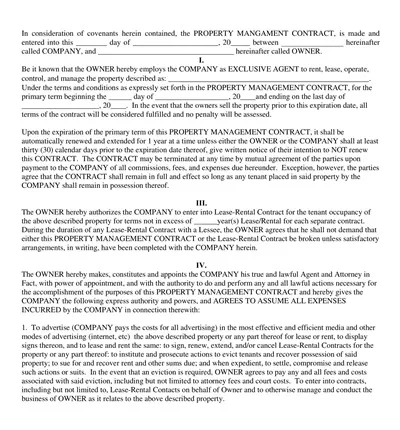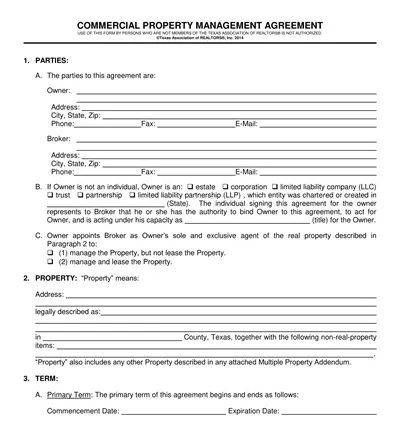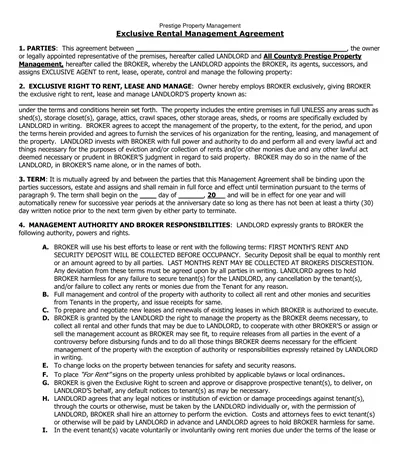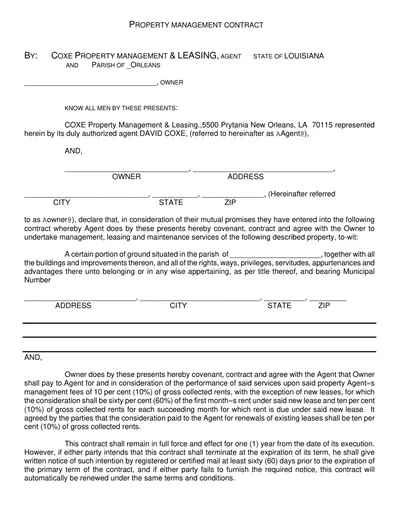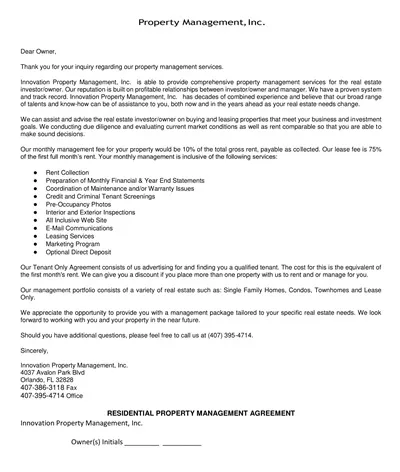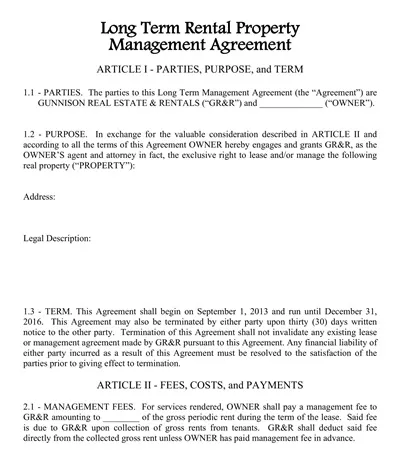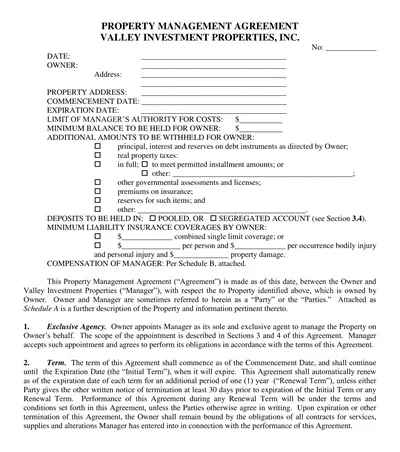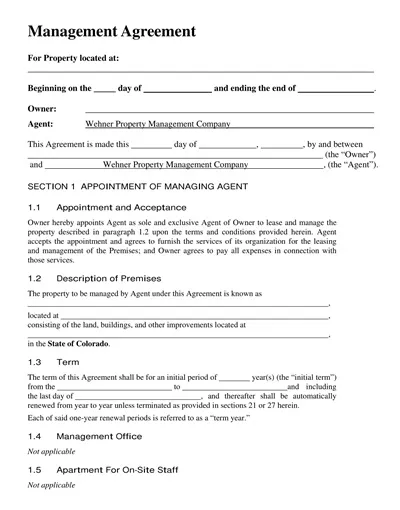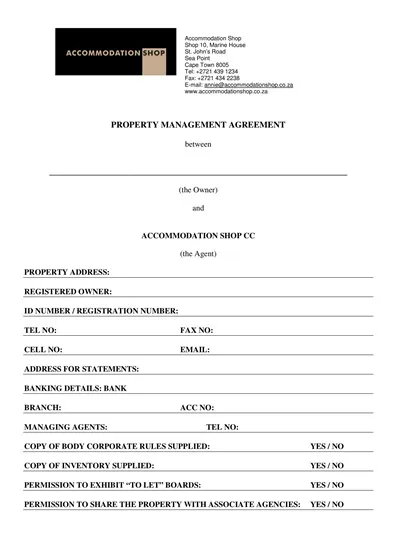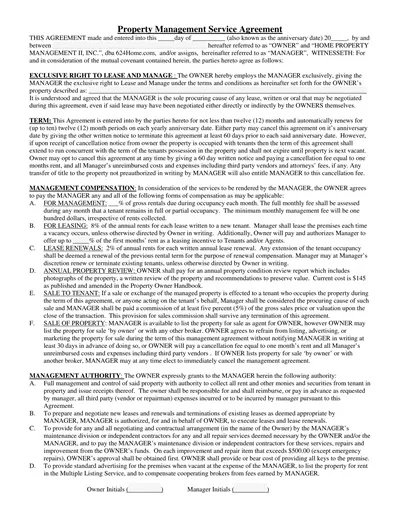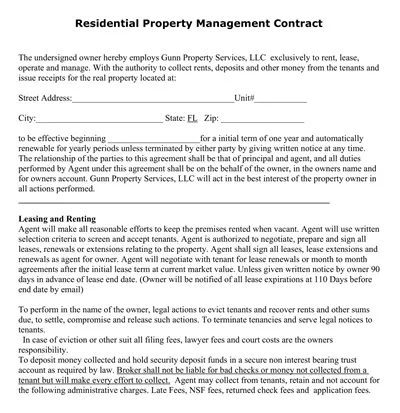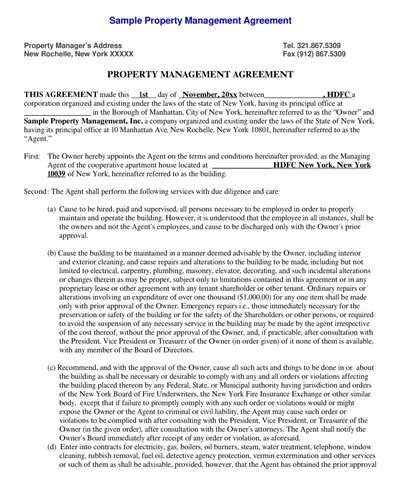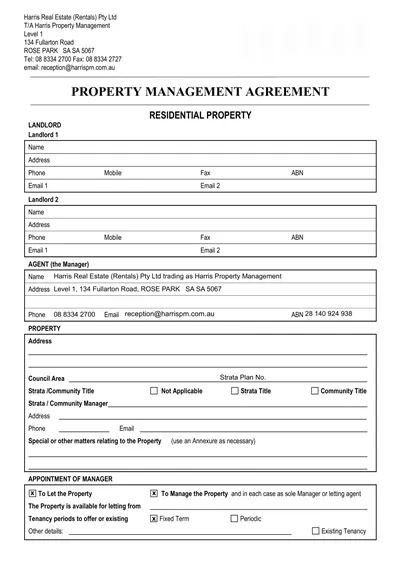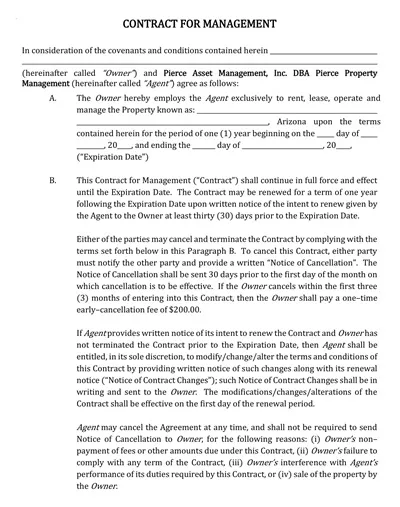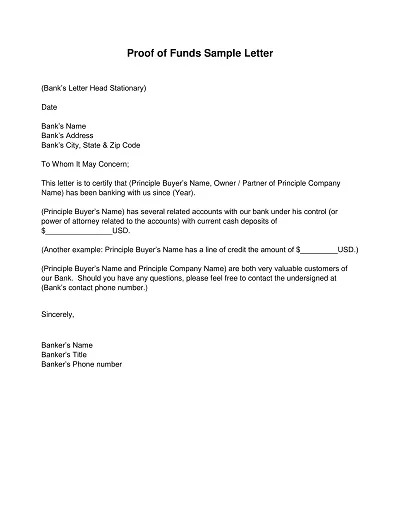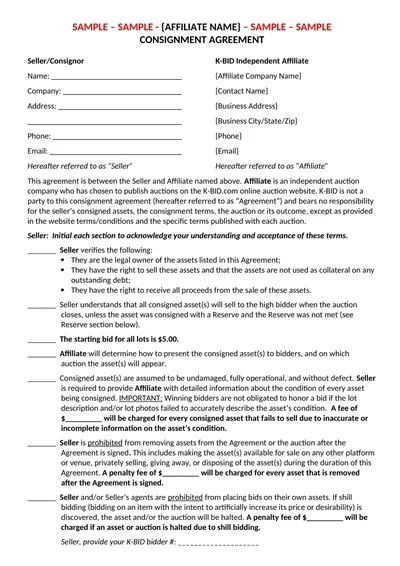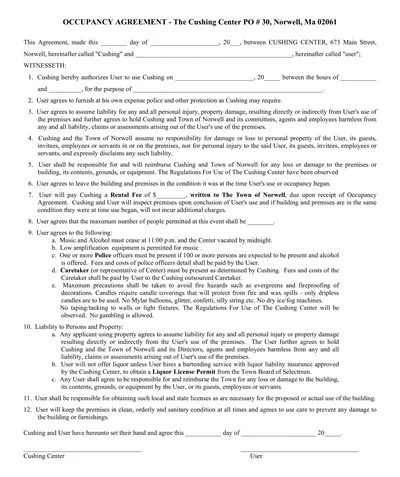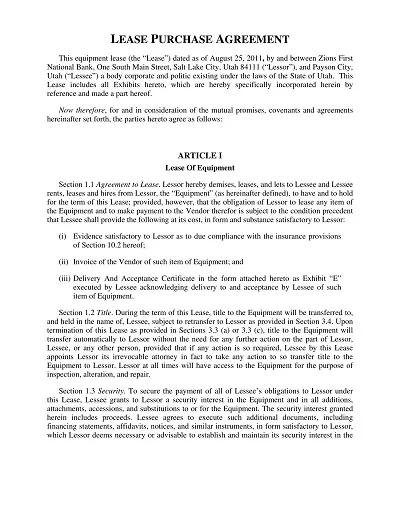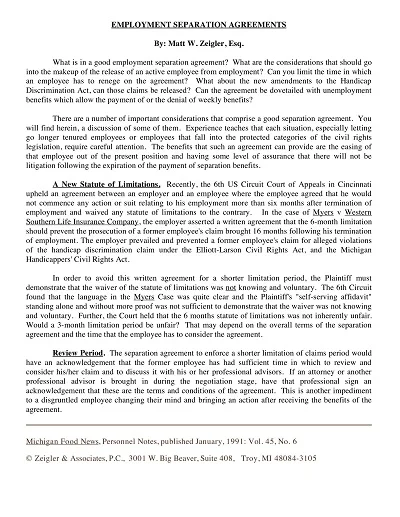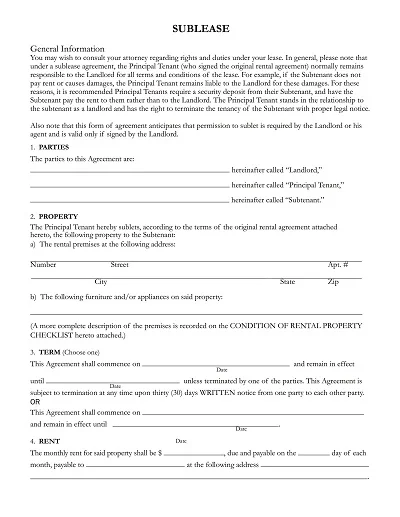A Property Management Agreement Template is usually a document with standard provisions regarding relations between a property owner and a property management company. This template provides a basis whereby both parties can agree to expectations or understand any changes in expectations that may arise by understanding the roles that each will be performing.
Common components are the period of the partnership, the management fees, the property manager’s responsibilities, and means concerning repairs and maintenance. It may also state the extent of the management company’s power to lease the property, to collect rents and to deal with the owner’s property and affairs as its agent.
Therefore, using a template for agreements between the property owners and management companies can help create a professional relationship, thus getting the best from both worlds, by availing templates, it is always easy to avoid loopholes that may be exploited and get a well-drafted document from an attorney.
Download Free Simple Property Management Agreement Templates
What is a Property Management Agreement?
A specific document, the Property Management Agreement, is the legal pillar of the relationship between the property owner and the property management company. Its general objective is to describe the manner and conditions in which the management company will undertake all the tasks related to managing a rental accommodation.
This comprises advertisement of the property, selection of clients for the property, invoicing for rent, and managing the quality of the property and any repairs. Similarly, the property manager’s duties include the function of the property owner, terms of payment, and any restrictions that the manager may have in the property management. In a traditional tenancy, a Property Management Agreement assists in avoiding conflict and confusion in a contract by delineating expectations and rules of engagement.
Key Components of a Property Management Agreement
The key elements of a good Property Management Agreement include the following; Elements of Property Management Agreement that specify the relationship between the property owner and the management company.
These components include:
- Parties Involved: The agreement should have well-written parties own their full names and contact details for both the property owner and the property management company.
- Property Details: This section should contain the address and all necessary particulars about the property being managed.
- Duration of Agreement: The contract should state the commencement date, the date upon which the management services will be concluded, and the renewal date.
- Management Fees: Details of the fees to be levied by the management company and a description of how and when they will be charged.
- Duties and Responsibilities: A description of areas of responsibility most commonly assigned to property managers as the scope of their authority and duties is fairly limited; major responsibilities include tenant selection, rent management, and property upkeep.
- Owner’s Obligations: The responsibilities of a property owner, for instance, to ensure it has a proper insurance policy, save for costs that may be incurred in cases of repairs, etc.
- Authority Limits: To achieve transparency regarding the rights and duties of the management company, establish actions that need the owner’s approval.
- Termination Clauses: Terms for early withdrawal of the business agreement by either the local or international partners.
- Dispute Resolution: This refers to disputes between the owner and the management company and the steps for solving them, such as mediation or arbitration.
Using these components in a Property Management Agreement provides for the necessary components of an effective agreement and protection of each party to the agreement.
Tips for Negotiating a Property Management Agreement
It is always useful as with most contracts, particularly those that are Complex Formal Contracts like the Property Management Agreement. It can safeguard parties’ interest to negotiate to the best of their interest effectively. Here are some tips for negotiating a Property Management Agreement:
1. Understand Your Needs
Negotiations on the property should be preceded by the property owners’ clear understanding of the property management that their property will require. Depending on which areas need work, the conditions you set will determine whether you require an agency to take full charge of the project or just offer some assistance.
2. Review Standard Clauses
Accustomizing yourself with ordinary clauses that are often included in typical Property Management Agreements will help you know which aspects are flexible. This preparation can help you become aware of how systems can be redesigned to fit the needs of the clients.
3. Communicate Clearly
They can collect information through weekly communication meetings with the management company. Be clear on assignments and commitments, and do not assume that because you have agreed on something, you do not need to write it down; both of you should understand and agree on each other’s roles in dealing with projects or particular tasks to avoid having to deal with conflict related to expectation more later on.
4. Negotiate Fee Structures
Explain all about management fees expensively. Always discuss the agreed price of the services that he will provide with your agent, whether based on the rent to be collected or a fixed amount of money.
5. Clarify Authority and Responsibilities
Most decisions require the owner’s consent: unilaterally, make only those that define the general management policies and procedures, the objectives, and tasks of the management company for a certain period. This can help minimize misunderstandings regarding measures undertaken by property management.
6. Set Performance Metrics
Set measurable goals or targets that may be used in measuring the efficiency of the property manager. This clearly measures how far the management services deliver on your demands.
7. Incorporate termination provisions
The terms on notice for breach, the extent of termination, and other conditions under which either party could terminate the agreement should be reasonable. However, This flexibility is important if the management relationship has to change one way or another.
8. Seek Legal Advice
One should seek advice from an attorney with experience in the real estate agreement to look at the contract. This safeguards the owner and allows him/her to appreciate all legal repercussions that are bound to follow.
Through such action, property owners can ensure that when drawing up the Property Management Agreement, they only get what they expect and that a proper working relationship with the management company is established.
Benefits of a Property Management Agreement
There are still several benefits that the Property Management Agreement brings that are useful for property owners and management companies as partners. The said agreement also benefit property owners since the level of services to be given by the management company are pointed out in detail, such services may include but is limited to; credible tenant screening, property maintenance, proper collection of rents among others.
These cognitive meanings provide needed clarity to prevent misunderstandings and resulting disputes. Furthermore, such activities can be outsourced, which gives owners more time or money for other affairs or new analogous investments.
In fact, for property management companies, the agreement formally recognizes them as being in a business relationship with the owner, guaranteeing them the necessary authority to perform their roles. It establishes, communicates, and defines terms of compensation besides defining their roles to reduce the chances of disputing management practices.
At the same time, the fixation on the structure of cooperation can increase the popularity of a management company, which will show potential clients that the company is reliable and qualified. An effective Property Management Agreement sets a strong base for a proper and stimulating business partnership.
Things to Avoid When Getting into Property Management Agreements
In outline, when coming to a Property Management Agreement, it is essential to take some considerations into account as to what things should be avoided in the course of writing and implementing the said Agreement.
Here are some mistakes to steer clear of:
- Vague Terms and Conditions: One of the biggest mistakes that a candidate makes is choosing a lot of words that are quite ambiguous. Get quick info on the lawyer’s fees, responsibilities, and procedures to eliminate confusion between you and your attorney.
- Ignoring Due Diligence: Inadequate research on the part of the FSMP and its constituents exposes the proposed divisions to an unsuitable management company. Interviews and reference checks should be carried out commendably to ensure the management company can meet the needs of your property.
- Overlooking Maintenance Obligations: Failing to define who is to be held responsible for performing normal and urgent maintenance work may result in service disruptions, with demands for service being made on both owners and tenants. Describe exactly which tasks are involved in maintenance and how emergencies should be addressed.
- Inadequate Termination Clauses: When there are no proper termination clauses, ending the partnership becomes vague and thus cannot be amicable. Indeed, it is required to establish the circumstances under which the agreement is to be terminated by either of the parties and make sure such conditions are reasonably clear and reasonable.
- Failing to Update the Agreement: Property requirements and the property environment vary with time; thus, agreements should also accord with these changes. Periodic revisions should be made to the Property Management Agreement in order to make it effective.
- Poor Communication Channels: Ineffective communication can lead to confusion in interaction and failure to utilize available opportunities. Set up meetings and be sure to use reliable means of communication in order to ensure that both parties feel involved.
These pitfalls, if avoided, will provide the necessary framework for property owners and management companies to have good working relationships since everyone’s responsibilities are defined properly.
How to Create a Property Management Agreement Template
The process of drawing up an effective Property Management Agreement template takes a considerable amount of work and planning. Here are the steps to consider:
Identify Essential Clauses
First, identify the concepts that should form the agreement’s content as a foundation. These commonly address work and service encapsulation issues, billing methods, roles and powers, efficiency standards, and ways of contract cancellation. Any particular desire of your property or management system that should be provided for must be considered.
Sample the Research and Review Agreements
Check the sample property management contracts and others’ contracts to discern the most popular structures and phrasing. Thus, this research would be beneficial in guaranteeing your template is on par with the market and other legal safeguards.
Consult Legal Experts
Hire a lawyer, or at least someone who deals with the legal aspects of real estate contracts to help create or at least glance at the template. Legal expertise is quite useful in ensuring that all legal requirements are observed in their respective letters and are protected by the template.
Outline a Few Visible and Many Specific
Clarity is crucial. Avoid ambiguous language to clarify all tasks, processes, and expectations. All legal or technical terms used in the document should be unambiguous or explained clearly enough so as not to cause confusion.
Incorporate Customizable Sections
Mainly, make its sections easily modifiable with the appropriate information according to the property or circumstances in consideration. This flexibility makes it easy to reuse the template when establishing different forms of the agreements needed to deliver a particular kind of product.
Review and update Periodically
Periodically, review the template and make new changes as may be informed by the changing laws, trends in the particular industry, or particular needs of the business. This way, the template is always updated to remain a useful one.
Thus, clearly and unambiguously interpreting the Property Management Agreement will help owners and managers of such properties and their counterparts create an efficient and meet the needs of various property management templates.

